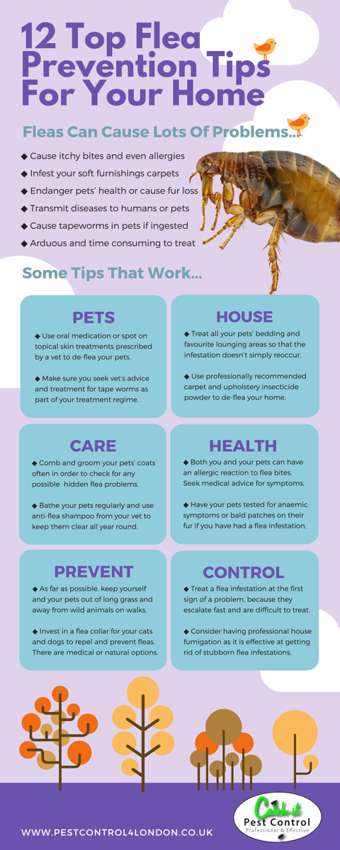Tips For Homeowners To Maintain Rodents Out Of Their Attics
Tips For Homeowners To Maintain Rodents Out Of Their Attics
Blog Article
Write-Up By-McNeill Park
Visualize your attic room as a cozy Airbnb for rodents, with insulation as cosy as resort pillows and wiring much more enticing than room service. Currently, imagine these undesirable visitors throwing a wild party in your house while you're away. As a home owner, guaranteeing your attic is rodent-proof is not practically comfort; it has to do with securing your residential or commercial property and liked ones. So, what basic actions can you take to guard your refuge from these furry trespassers?
Evaluate for Access Things
To start rodent-proofing your attic room, check for access points. Begin by meticulously analyzing the outside of your home, seeking any kind of openings that rats can utilize to get to your attic room. Look for spaces around utility lines, vents, and pipelines, as well as any fractures or holes in the foundation or exterior siding. Make certain to pay attention to locations where various structure materials meet, as these are common entrance factors for rats.
Furthermore, check the roofing system for any type of damaged or missing tiles, as well as any type of gaps around the sides where rodents can squeeze through. Inside the attic room, search for indications of existing rodent task such as droppings, ate cords, or nesting products. Use a flashlight to extensively examine dark corners and covert rooms.
Seal Cracks and Gaps
Examine your attic extensively for any kind of cracks and gaps that need to be secured to prevent rats from entering. Rodents can press via even the smallest openings, so it's crucial to secure any potential entrance points. Inspect around pipelines, vents, cords, and where the walls meet the roofing system. Make insect and pest control of a combination of steel wool and caulking to seal off these openings successfully. Steel wool is an excellent deterrent as rats can not chew via it. Ensure that all spaces are firmly secured to reject accessibility to unwanted parasites.
Do not ignore carpenter ant control of sealing voids around windows and doors as well. Use climate removing or door sweeps to seal these locations efficiently. Inspect the areas where energy lines go into the attic and secure them off using an ideal sealant. By putting in the time to seal all splits and spaces in your attic room, you create a barrier that rats will certainly discover hard to violation. Prevention is key in rodent-proofing your attic room, so be complete in your initiatives to seal any kind of possible entry factors.
Eliminate Food Sources
Take aggressive measures to remove or save all potential food sources in your attic room to hinder rodents from infesting the area. Rodents are attracted to food, so eliminating their food resources is critical in maintaining them out of your attic.
Below's what you can do:
1. ** Shop food securely **: Prevent leaving any kind of food products in the attic. pest extermination service in airtight containers made from metal or durable plastic to prevent rats from accessing them.
2. ** Tidy up debris **: Get rid of any kind of piles of debris, such as old newspapers, cardboard boxes, or timber scraps, that rats could use as nesting material or food resources. Maintain the attic clutter-free to make it much less attractive to rodents.
3. ** Dispose of waste appropriately **: If you utilize your attic room for storage space and have garbage or waste up there, see to it to take care of it frequently and appropriately. Decaying garbage can bring in rodents, so maintain the attic tidy and without any type of organic waste.
Final thought
To conclude, remember that an ounce of prevention deserves an extra pound of remedy when it comes to rodent-proofing your attic.
By putting in the time to inspect for entrance factors, seal fractures and voids, and get rid of food sources, you can keep undesirable pests at bay.
Remember, 'An ounce of prevention is worth a pound of treatment' - Benjamin Franklin.
Stay aggressive and safeguard your home from rodent invasions.
